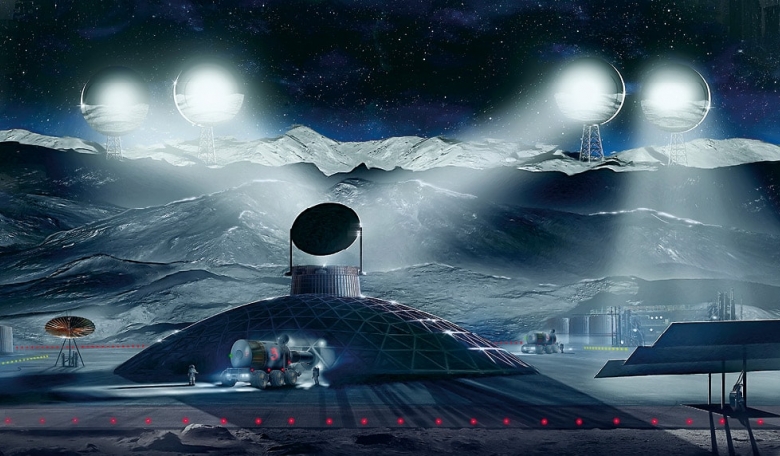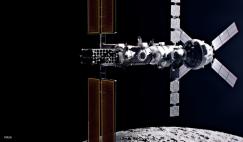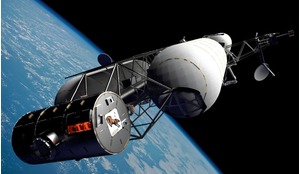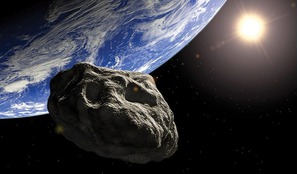As humanity begins to break out into space, the biggest obstacle we must overcome is not gravity or physics. It is ourselves. The outcome of the first Space Race illustrated the truth of this. Using only the technology of the time we were able to fly to the Moon. Yet, having tentatively touched our toes on its dusty surface, we withdrew and began circling our own world for the next 50 years, culturally unable to comprehend that we had stood for a moment on the edge of the universe. The international polices and codes of conduct for space in place today were created in that era, when the concepts of colonising space and utilising space resources were still in the realm of science fiction. Now, with these prospects becoming increasingly real we have to consider a new approach to human action and interaction in space. In this article, Rick Tumlinson presents his ‘Declaration of the Rights of Humanity in the Universe’, a proposal for guidelines and shared principles for living and working in what is about to become the new reality beyond the boundaries of Earth – an open frontier in space that is owned by no one, belongs to everyone and is open to all.
Today, as we move through the first global catastrophe of the 21st century, we have seen both the best and worst of ourselves. Even as governments failed, science proved right and the people became the frontline heroes of the day. The attack of the coronavirus in fact demonstrates the weakness of top-down control, and a strong argument can be made that it is people themselves, through their own discipline, caring and mutual support that have done much of the work to save the day. Thus, when I confront the legislative and political barriers to their independent participation in opening the space frontier, I am saddened, appalled and confused.
Yes, governments made the initial investments in space exploration as part of their Cold War Space Race. But now the children of those times have stepped up into their footprints to take the giant leaps that will transform the future. While some visionary leaders and policy makers work to enable them to succeed, others try to slow them down, and all are stuck trying to re-interpret legal and policy frameworks designed for another era, almost literally trying to drive the future between commas in now obsolete treaties and texts.














